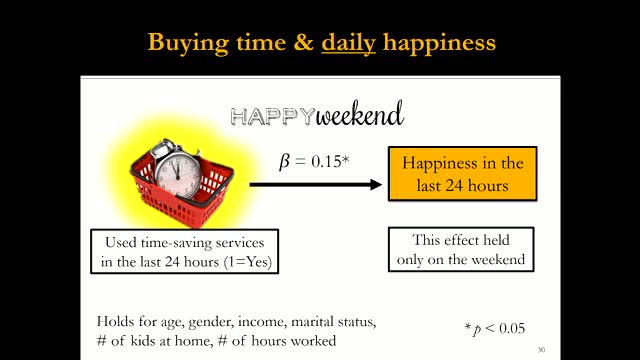The Coddling of the American Mind: Professor Jonathan Haidt (Thomas Cooley Professor of Ethical Leadership, New York University Stern School of Business)
At this event best-selling author Jonathan Haidt discussed his latest book, The Coddling of the American Mind. It provides a timely investigation into the new safety culture in universities and the dangers it poses to free speech, mental health, education, andultimately democracy.
A recording of the lecture is available here.
The Welfare Effects of Social Recognition: Theory and Evidence from a Field Experiment with the YMCA: Dr Rob Metcalfe (Questrom School of Business, Boston University)
A growing body of empirical work shows that social recognition can meaningfully influence individuals’ choices. This new paper presented by Dr Metcalfe investigates whether social recognition is a socially efficient lever for influencing individuals’ decisions.
Professor Peter Gollwitzer is one of the world's leading authorities on goal attainment and motivation and has written hundreds of articles in the areas of social psychology, cognition and perception, neuropsychology, and industrial and organizational psychology. Currently, his research centres on the psychology of action, self and identity, specifically on the question of how goals and plans affect cognition and behaviour. In this talk, he will discuss one of his signature contributions concerning what he calls implementation intentions strategies. This strategy specifies the when, where and how of a goal-directed behaviour and has been shown to be effective in getting people to exercise more and procrastinate less, among many other desirable goals.
Access a recording of the lecture here.
Identity and the Welfare State: evolving challenges for sustaining social solidarity
As part of the LSE Festival: LSE Beveridge 2.0 series of talks and events (19 Febuary 2018).
Central to the promise of the Beveridge Report is the assumption of social solidarity: we need a cohesive society to support social protection, and the resulting shared safety net should increase cohesion even further. Yet as the country and its welfare state evolved, so did the social bonds on which they depended. Given what we know about human behaviour and experience, what prospect is there for the level of solidarity needed to carry Beveridge’s vision into the twenty-first century?
Hear this debate via the LSE podcast recording.
Is Higher Education Good for You?
As part of the LSE Festival: LSE Beveridge 2.0 series of talks and events (21 February).
There is increasing evidence from the UK and the US to show that higher education is associated with less happiness and more inequality. In light of this, Professor of Behavioural Science at LSE Professor Paul Dolan argues that the government should reduce funding to higher education and prioritise early years education instead. Former Minister for Universities David Willetts stands up for the value of a university degree.
Hear this debate via the LSE podcast recording.
Behavioural Science Hub Seminar: Ashley Whillans
On November 30th, Dr Ashley Whillans spoke at the Behavioural Science Hub Seminar and presented her work, entitled "Exchanging cents for seconds: The happiness benefits of choosing time over money". Watch her presentation here:
 Ashley Whillans
Ashley Whillans